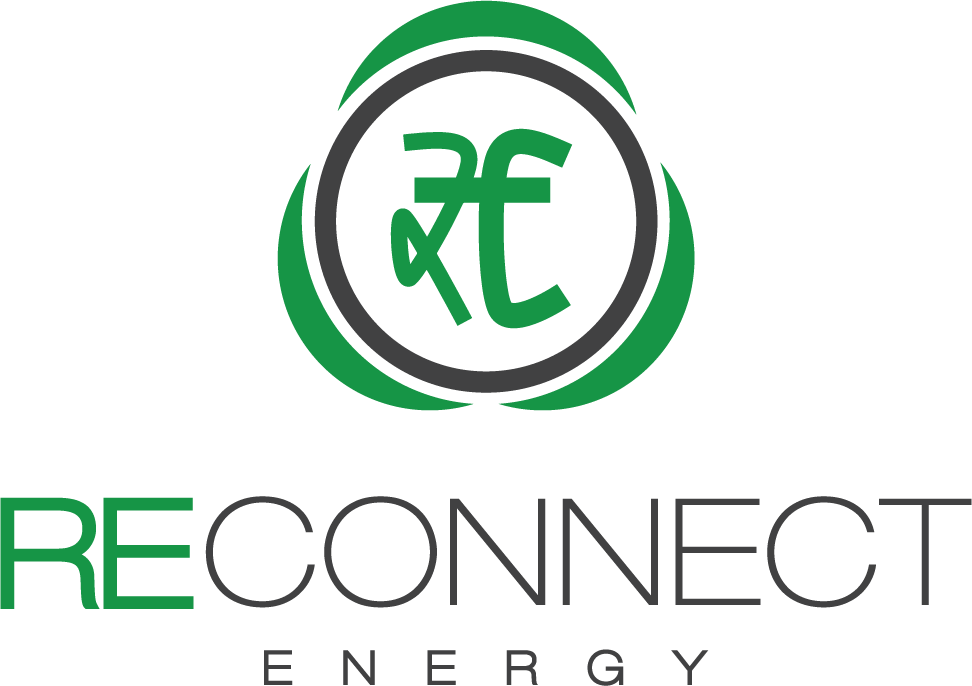Order on APPC of HPSEB Ltd for FY 2011-12
The revised Pooled Cost of Power Purchase has been worked out as Rs. 2.24 per unit for the FY 2011-12. The order on APPC of HPSEB Ltd for FY 2011-12 is available here.
CERC to determine Floor & Forbearance Price of RECs post 2012
Central Electricity Regulatory Commission (CERC) has come out with a suo-motu order on determining new Floor and Forbearance price for REC (Solar & Non-Solar) for the period post 2012. The draft copy of the order and a notice for the
Solar RECs: Investor’s perspective and feasibility study
Solar Projects are the flavour of the season. The National Solar Mission (NSM) has laid out an ambitions goal to make India the global leader in solar energy, and plans to develop capacity of 20 GW by 2020. This analysis focuses on the impact and feasibility of Solar RECs as a mechanism to finance and operate solar energy plants. As a significant number of companies and investor consider solar energy opportunities, we present an analysis of how workable solar energy plants are under the REC mechanism. Solar RPO are included in most state regulations RPO regulations in each state require fulfilling a separate Solar RPO. At present the solar RPO requirement ranges from 0% to 0.5% of total electricity consumed. It is expected to go upto 3% by 2022. At the same time, a separate Solar REC will be issued to generators who meet the eligibility criterion. These Solar RECs will have a floor price of Rs 12/kwh and a forbearance price of Rs 17/kwh. Demand for Solar RECs Our analysis suggests that Solar RECs demand will be robust. Majority of the upcoming capacity in solar energy is either through state feed-in tariffs, or though the NSM. In either case, that capacity will not access the REC market. At the same time, there will be robust demand as every obligated entity will also need to buy Solar RECs. REConnect’s analysis suggests that 2011-12 demand of Solar power for RPO requirements will be in excess of 1,300 million units* (roughly translating into 600MW of capacity). As a result, we expect Solar RECs to sell at a high price. *Calculated from CEA data : For a detailed analysis please contact us. Most state regulations provide that in the event for inadequate availability of Solar RECs, the Solar RPO requirement can be fulfilled through Non-Solar RECs. Since Non-solar RECs are significantly cheaper that Solar RECs, this can present issues in the Solar RECs markets – companies may wait for the Solar REC supply to be exhausted so that they can buy non-solar RECs for compliance, and it may result in a downward pressure on Solar REC prices. More clarity is needed on the implementation of this clause is the state RPO regulations.
Renewable Energy Certificates-An Introduction
As part of the National Mission on Climate Change, a policy to implement Renewable Purchase Obligation (RPO) is being put in place by the Central Electricity Regulatory Commission. The new policy will require Electricity Distributors, large Captive Consumers and large Open Access Consumers to purchase a certain percentage of their total electricity needs from renewable sources. Renewable Energy Certificates: Similar to Carbon Credits Similar to the Carbon Credit Market, a market for meeting the RPO requirements is in the process of being set up in India. Just like at the international level, companies that do not meet their emission reduction targets can purchase Carbon Credits from the market, similarly, Electricity Distributors in India that do not buy the percentage of renewable energy required by law, will have the option to fulfil their obligation by purchase of Renewable Energy Certificates (REC). RECs will be traded at power exchanges in India. Additional Source of Revenue For renewable energy producers – wind farms owners, biomass power plants, small hydro projects, etc, RECs present a very valuable

